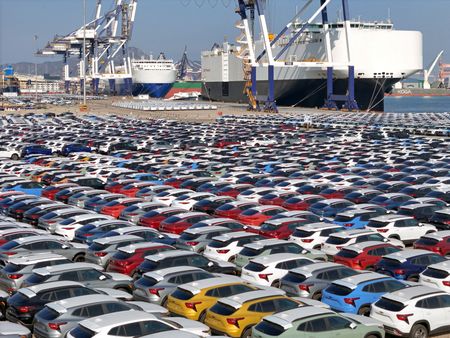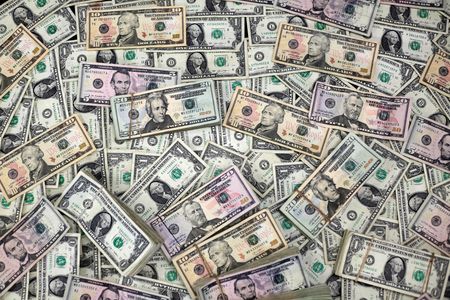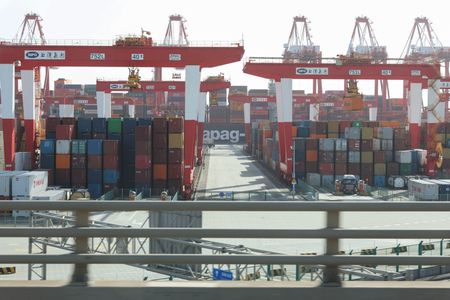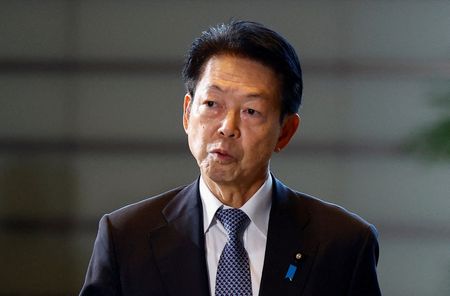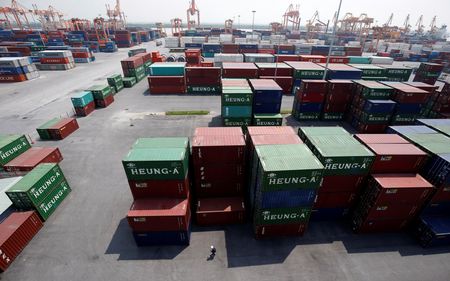TAIPEI (Reuters) – Taiwan President Lai Ching-te said on Wednesday ahead of an announcement of sweeping import tariffs by the United States that the island is an “indispensable” member of the global supply chain and it would defend its companies’ interests.
Officials in President Donald Trump’s administration, including Treasury Secretary Scott Bessent, have said that much of the focus of the reciprocal U.S. tariffs will be on 15 countries that have the highest trade surpluses with the United States.
Bessent has referred to the countries as the “Dirty 15” but has not named them. According to U.S. Census Bureau data, Taiwan is one of the 15, along with countries such as China and South Korea plus the European Union. The tariffs are due to be announced by U.S. President Donald Trump later on Wednesday.
Lai told a meeting of his ruling Democratic Progressive Party, of which Lai is chairman, that he understood the tariffs were a matter of great concern but the government has conducted simulations of the impact to prepare a response plan.
“I would like to reiterate that we are the world’s 21st largest economy, and from a global perspective, Taiwan’s overall national strength makes us an indispensable and important member of the global supply chain and regional security,” he said, according to comments provided to media by the party.
“We are very willing to share the benefits and promote prosperity with all our international partners.”
Taiwan will continue to communicate and co-ordinate closely with the United States to safeguard the “fair competitive position” of Taiwanese companies, and will help industries that may be impacted by the tariffs, Lai added.
Taiwan government officials have repeatedly said trade with the United States has been skewed by an insatiable demand for Taiwanese technology products, such as advanced semiconductors which is a sector that the island, home to major chipmaker TSMC, dominates.
Taiwan has said it will cut some of its own import tariffs and buy more U.S. energy to help balance trade.
(Reporting by Ben Blanchard; Editing by Frances Kerry)



